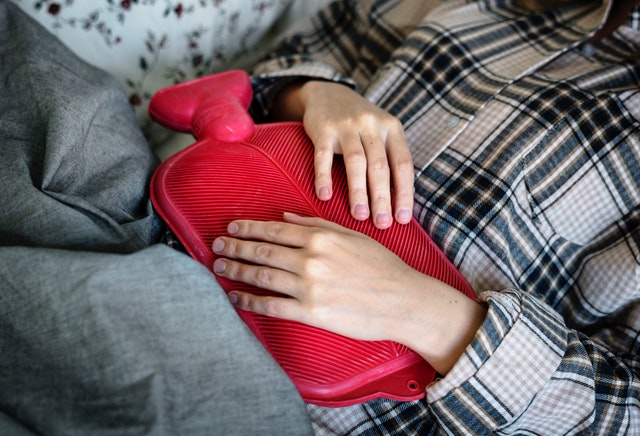Gastroesophageal reflux disease, often referred to as GERD, occurs when acid from the stomach backs up into the esophagus. Normally, food travels from the mouth, down through the esophagus and into the stomach. A ring of muscle at the bottom of the esophagus, the lower esophageal sphincter (LES), contracts to keep the acidic contents of the stomach from “refluxing” or coming back up into the esophagus. In those who have GERD, the LES does not close properly, allowing acid and other contents of the digestive tract to move up–to “reflux”–the esophagus.
When stomach acid touches the sensitive tissue lining the esophagus and throat, it causes a reaction similar to squirting lemon juice in your eye. This is why GERD is often characterized by the burning sensation known as heartburn.
In some cases, reflux can be silent, with no heartburn or other symptoms until a problem arises. Almost all individuals have experienced reflux (GER), but the disease (GERD) occurs when reflux happens often over a long period of time.
During gastroesophageal reflux, the contents of the stomach and upper digestive tract may reflux all the way up the esophagus, beyond the upper esophageal sphincter (a ring of muscle at the top of the esophagus), and into the back of the throat and possibly the back of the nasal airway. This is known as laryngopharyngeal reflux (LPR), which can affect anyone. Adults with LPR often complain that the back of their throat has a bitter taste, a sensation of burning, or something “stuck.” Some patients have hoarseness, difficulty swallowing, throat clearing, and difficulty with the sensation of drainage from the back of the nose (“postnasal drip”). Some may have difficulty breathing if the voice box is affected. Many patients with LPR do not experience heartburn.
In infants and children, LPR may cause breathing problems such as: cough, hoarseness, stridor (noisy breathing), croup, asthma, sleep-disordered breathing, feeding difficulty (spitting up), turning blue (cyanosis), aspiration, pauses in breathing (apnea), apparent life-threatening event (ALTE), and even a severe deficiency in growth. Proper treatment of LPR, especially in children, is critical.
The symptoms of GERD may include persistent heartburn, acid regurgitation, nausea, hoarseness in the morning, or trouble swallowing. Some people have GERD without heartburn. Instead, they experience pain in the chest that can be severe enough to mimic the pain of a heart attack. GERD can also cause a dry cough and bad breath.
While GERD and LPR may occur together, patients can also have GERD alone (without LPR) or LPR alone.
A gastroenterologist, a specialist in treating gastrointestinal orders, will often provide initial treatment for GERD. But there are ear, nose, and throat problems that are caused by reflux reaching beyond the esophagus, such as hoarseness, laryngeal nodules in singers, croup, airway stenosis (narrowing), swallowing difficulties, throat pain, and sinus infections. These problems require an otolaryngologist—head and neck surgeon, or a specialist who has extensive experience with the tools that diagnose GERD and LPR. They treat many of the complications of GERD and LPR, including: sinus and ear infections, throat and laryngeal inflammation and lesions, as well as a change in the esophageal lining called Barrett’s esophagus, a serious complication that can lead to cancer.
Adult lifestyle changes which can help prevent GERD include:
- Avoid eating and drinking within two to three hours prior to bedtime
- Do not drink alcohol
- Eat small meals and eat slowly
- Limit problem foods including caffeine, carbonated drinks, chocolate, peppermint, tomato, citrus fruits and fatty or fried foods.
- Lose weight
- Quit smoking
- Wear loose clothing

